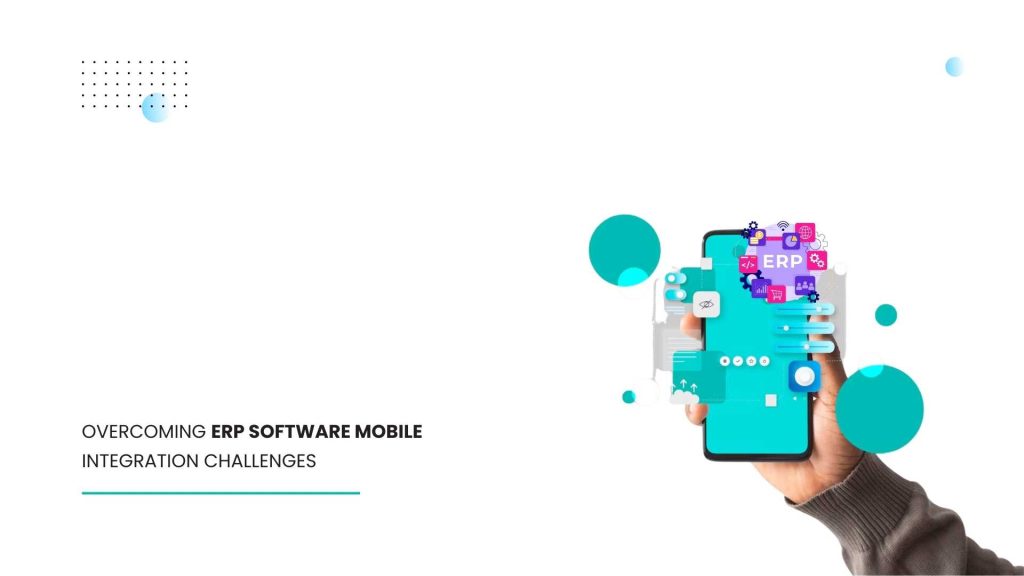In today’s fast-paced digital landscape, ERP systems have become the backbone of many businesses, streamlining operations, enhancing efficiency, and fostering growth. With the proliferation of mobile technology, the demand for seamless ERP mobile integration has never been greater. However, this integration journey often comes with its own set of challenges. Let’s delve into some of these hurdles and explore strategies to overcome them.
Understanding the Landscape
Before diving into solutions, it’s essential to understand the landscape of ERP mobile integration challenges:
Compatibility Issues: ERP systems are complex ecosystems, and ensuring compatibility with various mobile platforms and devices can be daunting.
Security Concerns: Mobile devices are susceptible to security breaches. Integrating ERP systems with mobile platforms without compromising data security is a significant concern.
User Experience (UX): The user experience on mobile devices differs significantly from desktops. Adapting ERP functionalities to mobile interfaces while maintaining usability poses a challenge.
Data Synchronization: Ensuring real-time data synchronization between ERP systems and mobile devices is crucial for maintaining data accuracy and integrity.
Strategies for Overcoming Challenges
Invest in Scalable Solutions
Choose ERP systems and mobile platforms that offer scalability and flexibility. Opt for solutions that can seamlessly adapt to your business’s evolving needs and accommodate future growth.
Prioritize Security
Implement robust security measures such as encryption, multi-factor authentication, and device management protocols to safeguard sensitive data. Regular security audits and updates are imperative to stay ahead of potential threats.
Focus on UX Design
Collaborate with UX designers to create intuitive and user-friendly mobile interfaces. Simplify complex ERP functionalities for mobile use, prioritize essential features, and optimize workflows to enhance user experience.
Embrace Cloud Technology
Leverage cloud-based ERP solutions and mobile app development platforms to streamline integration processes. Cloud-based systems offer scalability, accessibility, and built-in security features, making them ideal for mobile integration initiatives.
Establish Clear Communication Channels
Foster open communication between IT teams, ERP vendors, and mobile app developers throughout the integration process. Clearly define project requirements, timelines, and objectives to ensure alignment and mitigate potential roadblocks.
Provide Comprehensive Training
Offer comprehensive training programs to educate employees on using ERP mobile applications effectively. Empower users with the knowledge and skills to navigate the mobile interface, accurately input data, and leverage ERP functionalities.
Conclusion
While integrating ERP systems with mobile platforms presents challenges, proactive planning, strategic investments, and collaborative efforts can pave the way for success.
By understanding the landscape, prioritizing security, focusing on user experience, leveraging middleware solutions, embracing cloud technology, fostering communication, And providing adequate training, businesses can overcome ERP software mobile integration challenges and unlock the full potential of their ERP investments in today’s mobile-driven world.

Vijay comes with a vast experience in ERP and enterprise solutions space with about 20 years of experience in various packaged application like Acumatica, SAP, Orion, Salesforce.com, SugarCRM and, SalesLogix.

